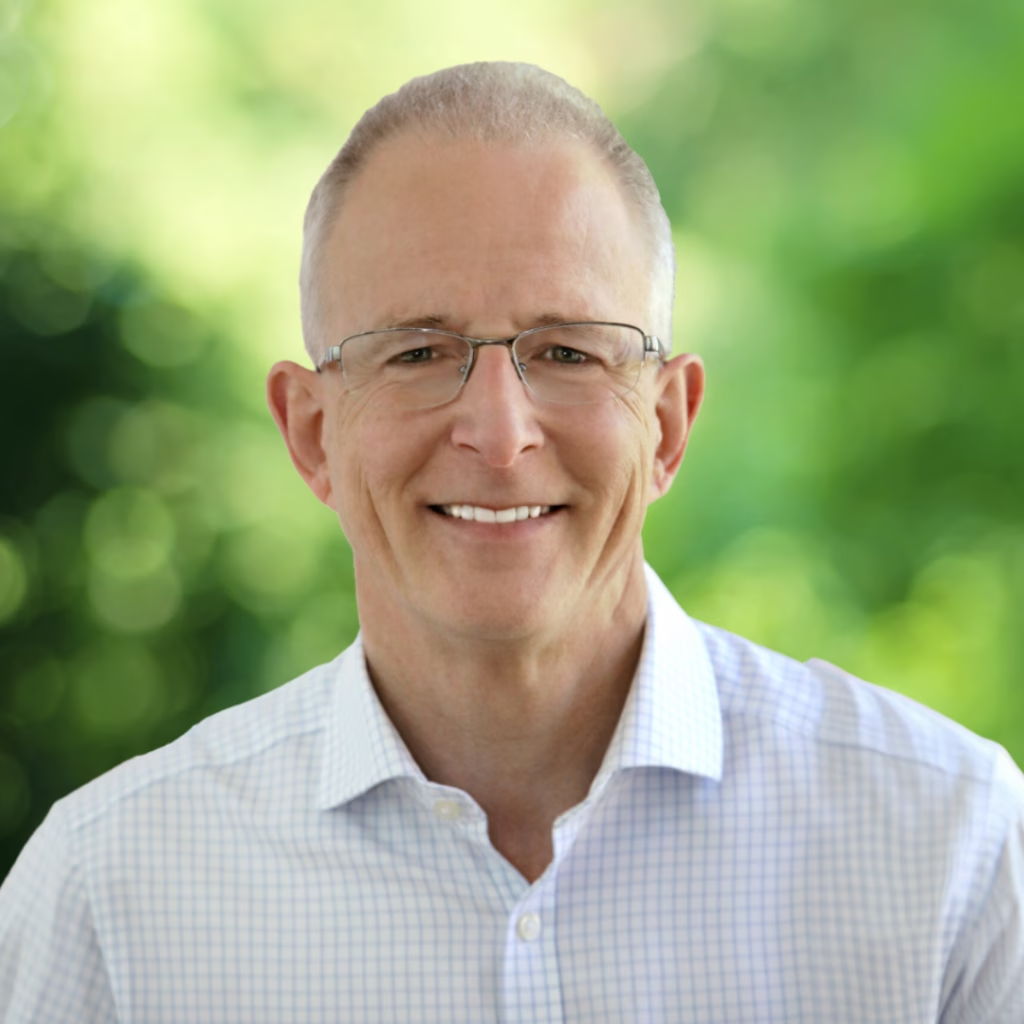Paul Fletcher MP has been a stalwart representative for Bradfield since 2009, steering one of New South Wales’ most affluent constituencies through fifteen years of change and growth.
As electoral boundaries are imminent to evolve, Paul bids farewell to familiar areas like Asquith, Normanhurst, Hornsby, and Waitara, anticipating a keen relationship with new constituents in Artarmon, North Sydney, Willoughby, Castle Crag, and Middle Cove.
The impending redistribution means Bradfield’s electorate will expand significantly, reflecting broader changes across New South Wales where the number of electorates will reduce from 47 to 46. Fletcher acknowledges the challenges ahead and the influx of new families and constituents.
Despite Bradfield’s reputation as an affluent area, Fletcher is keenly aware of the financial pressures facing many residents in 2024. Simply put, cost of living does not discriminate.
Paul highlights, “There are a lot of locals who are finding things quite tough. There can be a perception that Bradfield and the suburbs within it are relatively affluent areas, and that is true when you look at things like property value, average incomes, and so on. But that doesn’t mean that there aren’t a lot of people who are feeling the pressure.
“When we talk about school fees, people in Bradfield have children at private schools. They’re seeing big increases in fees. So there’s a whole range of factors, which I think are making life quite tough for a lot of people I represent.”
Since a dramatic swing against Fletcher in the last federal election, seeing him lose a significant portion of Bradfield’s votes, Fletcher has kept a keen eye on the pulse of his community listening to the concerns of his constituents, particularly families with school-aged children.
In discussing local issues, Fletcher voices constituents’ anxieties over the New South Wales Labor Government’s Transport-Oriented Development plans. Not surprising given the constant debate and back and forth between residents and the government, criticising the inadequate consultation process.
“One of the other things that’s curious and problematic about the Transport-Oriented Development changes is that the New South Wales Government specifically did not invite commentary from citizens. It only wanted commentary from councils. The New South Wales Government nominated 35 stations across the Sydney metro area, where these Transport-Oriented Developments would go ahead. Four of them are in the Ku-ring-gai Council area.
“When you look at the federal electorate and also the state electorates, it’s hard to avoid the conclusion that New South Wales Labor has chosen to target this area because they know this is an area that does not vote Labor.”
His stance reflects a broader commitment to advocate for transparent governance and responsive policymaking on behalf of his electorate.
Beyond local matters, Fletcher aligns himself with the national political landscape, articulating concerns about economic management and policy direction. Paul positions the Liberal Party’s role in addressing inflation, fiscal discipline, and taxation issues, as the solution to Australia’s economic challenges.
“The reality is only the Liberals can fix the mess that Australia is in. It’s the Labor Party that got us into this economic mess. All of that is happening because of policies that Mr Albanese is following.”
As he navigates challenges ahead, Fletcher’s unwavering dedication to representing the interests of Bradfield remains resolute, with ground to cover in time for the next federal election, it’s clear Paul is keen to extend his already long stay as the member for Bradfield.
